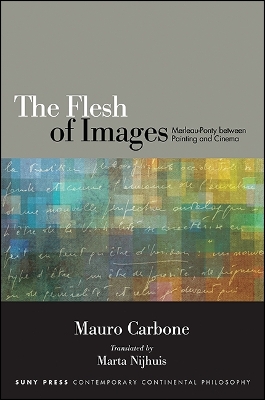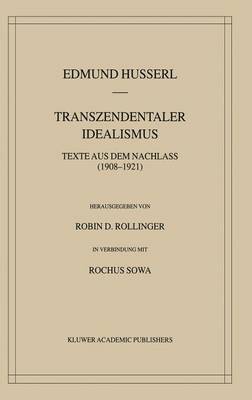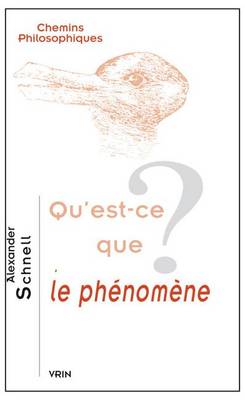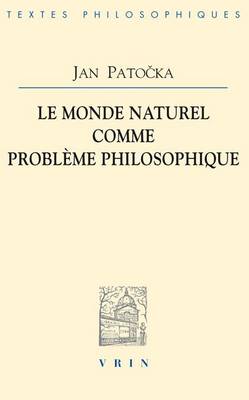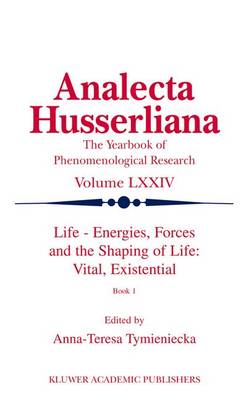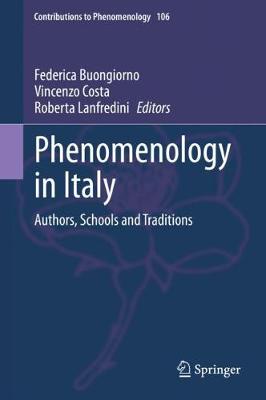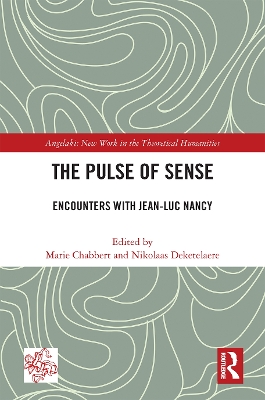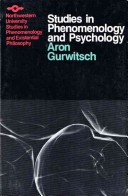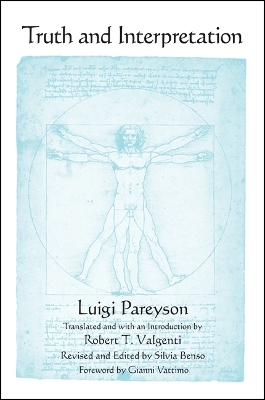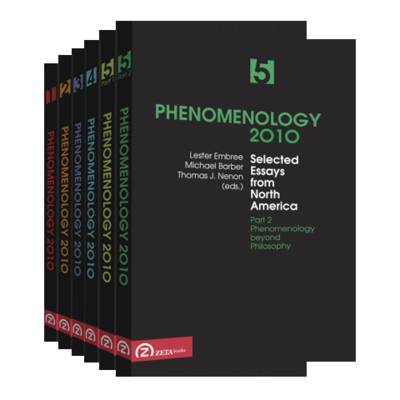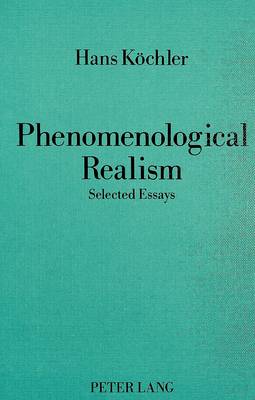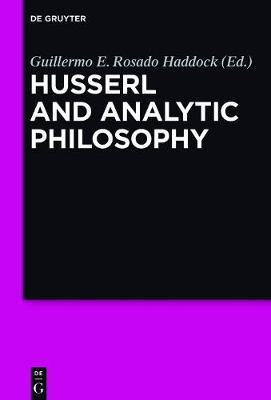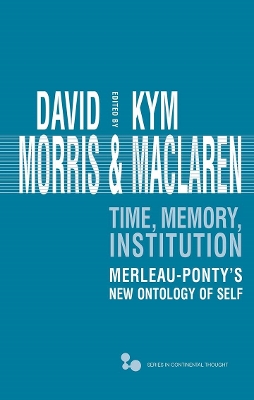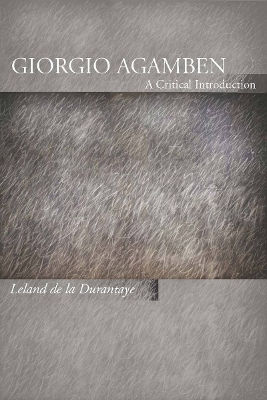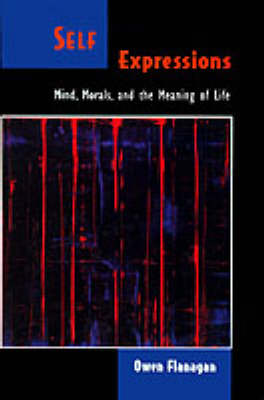The Flesh of Images (SUNY series in Contemporary Continental Philosophy)
by Mauro Carbone
Transzendentaler Idealismus. Texte Aus Dem Nachlass (1908/21) (Husserliana: Edmund Husserl - Gesammelte Werke, #36)
by Edmund Husserl and Robin D. Rollinger
Der vorliegende Band enthalt Husserls Versuche, einen Beweis fur seine These zu entwickeln, dass die Existenz realer transzendenter Objekte ohne Bezug auf ein aktuelles Bewusstsein undenkbar und also unmoeglich sei. Die fruhesten Texte, die Begrundungen fur diese These des transzendentalen oder transzendental-phanomenologischen Idealismus enthalten, stammen aus dem Jahr 1908. In ihnen erarbeitet Husserl einerseits die fur den Beweisgang wesentlichen Elemente, wie insbesondere die Unterscheidung...
Qu'est-Ce Que Le Phenomene? (Chemins Philosophiques)
by Alexander Schnell
Written by an experienced drummer and philosopher, Groove is a vivid and exciting study of one of music's most central and relatively unexplored aspects. Tiger C. Roholt explains why grooves, which are forged in music's rhythmic nuances, remain hidden to some listeners. He argues that grooves are not graspable through the intellect nor through mere listening; rather, grooves are disclosed through our bodily engagement with music. We grasp a groove bodily by moving with music's pulsations. By in...
Le Monde Naturel Comme Probleme Philosophique (Bibliotheque Des Textes Philosophiques)
by Jan Patocka
Life Energies, Forces and the Shaping of Life: Vital, Existential (Analecta Husserliana, #74)
The nature of life consists in a constructive becoming (see Analecta Husserliana vol. 70). Though caught up in its relatively stable, stationary intervals manifesting the steps of its accomplishments that our attention is fixed. In this selection of studies we proceed, in contrast, to envisage life in the Aristotelian perspective in which energia, forces, and dynamisms of life at work are at the fore. Startling questions emerge: `what distinction could be drawn between the prompting forces of li...
Maurice Merleau-Ponty (1908-1961) is one of the most important philosophers of the Twentieth century. His theories of perception and the role of the body have had an enormous impact on the humanities and social sciences, yet the full scope of his contribution not only to phenomenology but philosophy generally is only now becoming clear. In this lucid and comprehensive introduction, Taylor Carman explains and assesses the full range of Merleau-Ponty's philosophy. Beginning with an overview of Mer...
The Pulse of Sense (Angelaki: New Work in the Theoretical Humanities)
This volume stages a series of encounters between the French philosopher Jean-Luc Nancy and leading scholars of his work along four major themes of Nancy's thought: sense, experience, existence, and Christianity. In doing so, the volume seeks to remind readers that Nancy's sens has many meanings in French: aside from those that easily carry over into English, i.e., everything to do with "meaning" and "the senses"; it also includes the "way" they are "conducted," the "direction" they take, the...
Studies in Phenomenology & Psychology (Studies in Phenomenology and Existential Philosophy (Hardcover))
by Aron Gurwitsch
The Origin of Time (SUNY Series in Contemporary Continental Philosophy)
by Heath Massey
Truth and Interpretation (SUNY series in Contemporary Italian Philosophy)
by Luigi Pareyson
Phenomenology Complete Set 5+1 Volumes
by Dermot Moran, Hans Rainer Sepp, and Lester Embree
In his last work, "The Crisis of the European Sciences and Transcendental Phenomenology", Edmund Husserl formulated a radical new approach to phenomenological philosophy. Unlike his previous works, in the "Crisis" Husserl embedded this formulation in an ambitious reflection on the essence and value of the idea of rational thought and culture, a reflection that he considered to be an urgent necessity in light of the political, social, and intellectual crisis of the interwar period. In this...
Following Form and Function (Studies in Phenomenology and Existential Philosophy)
by Stephen T Asma
The concepts of form and function have traditionally been defined in terms of biology and then extended to other disciplines. The author examines the various interpretations of form and function in science and philosophy, reflecting on the philosophical presuppositions underlying the work of Geoffroy, Cuvier and Darwin, among others. In the continental tradition of Canguilhem and Foucalt, the author's treatment of the historical form/function dispute analyzes the complex interactions among ideol...
The phenomenology of Edmund Husserl is being analyzed in regard to its ontological implications. It is demonstrated that Husserl's method of reduction directly leads to an ontological idealism for which there is no epistemological justification. An alternative to this idealistic misunderstanding of the phenomenological approach is being developed in applying Heidegger's existential analysis to questions of epistemology and transcendental philosophy. It is thus shown that phenomenology may be est...
Husserl and Analytic Philosophy
The book contributes to the refutation of the separation of philosophy in the 20th century into analytic and continental. It is shown that Edmund Husserl was seriously concerned with issues of so-called analytic philosophy, that there are strict parallelisms between Husserl's treatment of philosophical subjects and those of authors in the analytic tradition, and that Husserl had a strong influence on Rudolf Carnap's 'Aufbau'.
This collection is the first extended investigation of the relation between time and memory in Maurice Merleau-Ponty's thought as a whole as well as the first to explore in depth the significance of his concept of institution. It brings the French phenomenologist's views on the self and ontology into contemporary focus. Time, Memory, Institution argues that the self is not a self-contained or self-determining identity, as such, but is gathered out of a radical openness to what is not self, and t...
Giorgio Agamben is a philosopher well known for his brilliance and erudition, as well as for the difficulty and diversity of his seventeen books. The interest which his Homo Sacer sparked in America is likely to continue to grow for a great many years to come. Giorgio Agamben: A Critical Introduction presents the complexity and continuity of Agamben's philosophy—and does so for two separate and distinct audiences. It attempts to provide readers possessing little or no familiarity with Agamben's...
Kierkegaard and Nietzsche (Library of Philosophy and Religion)
by J. Kellenberger
This book examines the thinking of two nineteenth-century existentialist thinkers, Soren Kierkegaard and Friedrich Nietzsche. Its focus is on the radically different ways they envisioned a joyful acceptance of life - a concern they shared. For Kierkegaard, in Fear and Trembling, joyful acceptance flows from the certitude of faith. For Nietzsche, in Thus Spoke Zarathustra, joyful acceptance is an acceptance of the eternal recurrence of life, and is ultimately a matter of will. This book explores...
Continuing the old philosophical project of reconciling a scientific view of ourselves with the view of ourselves as agents of free will and meaning, but bringing to this project the latest insights of neuroscience, cognitive science, and psychiatry, Flanagan's collection of essays explores topics such as a scientific explanation of consciousness, the moral socialization of children, and the nature and issues of psychological phenomena such as multiple personality disorder and false memory syndr...
